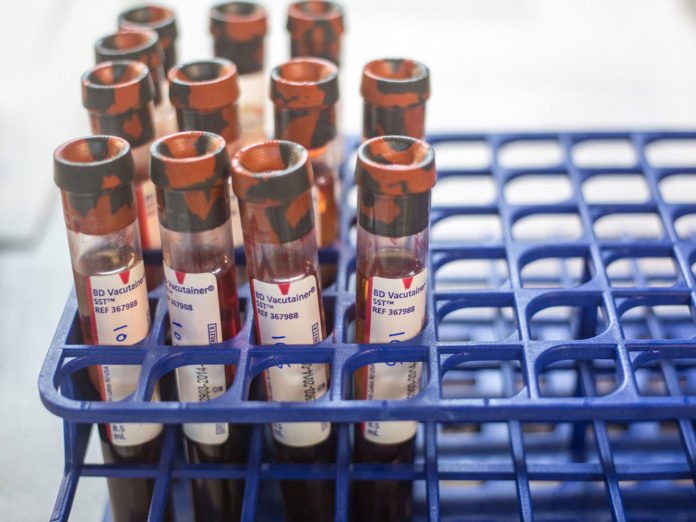Scientists at the University College London identified a new marker that could be used to diagnose fatal breast cancer up to one year ahead of current methods.
They discovered that progressions distinguished in a piece of DNA which the looks into named EFC#93 could propose early indications of fatal breast cancer.
In breast cancer, small molecules of carbon and hydrogen become attached to EFC#93 in a process called DNA methylation. Abnormal DNA methylation is common in human tumors and methylation changes occur very early in breast cancer development.
The study provides evidence on the presence of EFC#93 DNA methylation in blood serum correctly identified 43% of women who went on to be diagnosed with fatal breast cancers within three to six months of giving serum samples, as well as 25% of women who went on to be diagnosed within six to twelve months of giving samples.
By analyzing the EFC#93 DNA methylation in blood serum samples from 419 breast cancer patients, scientists demonstrated that abnormal DNA methylation occurring in samples taken before chemotherapy was a marker for poor prognosis independent of the presence of circulating tumor cells.
To evaluate whether EFC#93 can determine ladies to have a poor forecast before (that is, before the disease ends up noticeably discernible) the creators additionally examined serum tests of 925 solid ladies, 229 of whom went ahead to create deadly and 231 of whom went ahead to create non-lethal bosom tumor, inside the initial three years of giving serum tests.
Professor Widschwendter stated: “The serum DNA methylation marker EFC#93 effectively distinguished 43% of ladies from serum tried a half year ahead of time of their mammography-based bosom growth determination who later kicked the bucket from the malady (affectability for deadly bosom disease) and furthermore recognized 88% of ladies who did not go ahead to create bosom malignancy (specificity).”
“Importantly, EFC#93 did not detect non-fatal breast cancers early. In comparison, mammography screening has a specificity of 88-92% but leads to very substantial over-diagnosis, which means that tumors are detected that would never have caused any clinical symptoms. Subject to further study, using cell-free DNA as a marker, as we have done here, is a promising way of avoiding this issue. ”
Professor Widschwendter said: “The normal DNA in these samples usually emits a much stronger signal compared with the short fragments of tumor DNA. Yet despite the massive contamination of our population-based samples with normal DNA, we were able to observe a clear tumor DNA signal.”
According to the authors, clinical trials are now required to assess whether EFC#93 positive women, who do not have cancer that is detectable by mammography, would benefit from anti-hormonal therapy before cancer becomes visible in the breast.
The study, published in Genome Medicine today.
